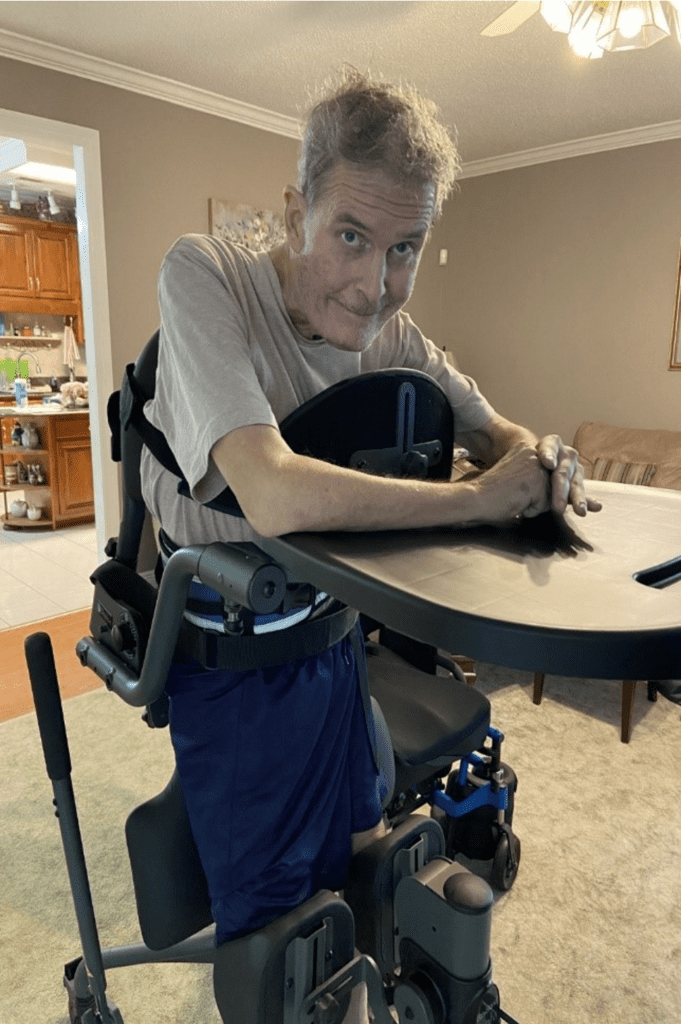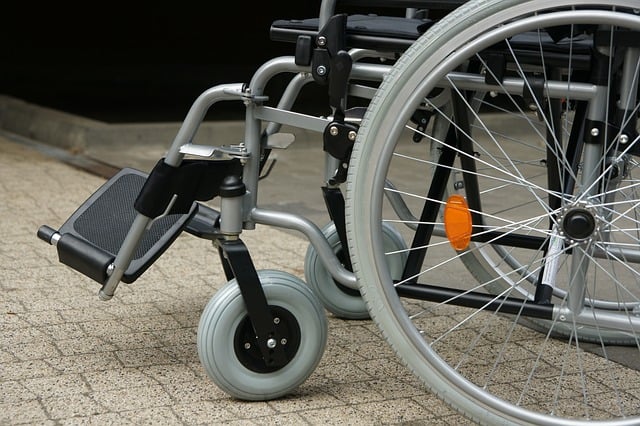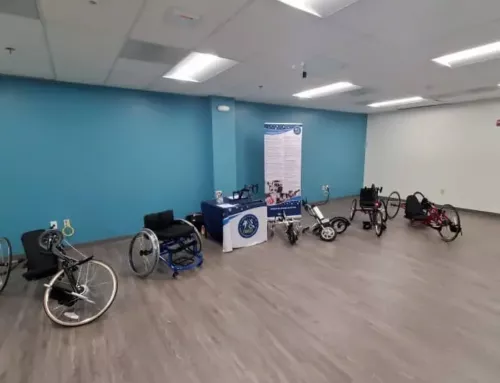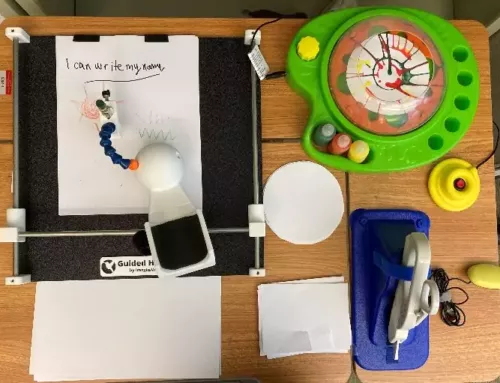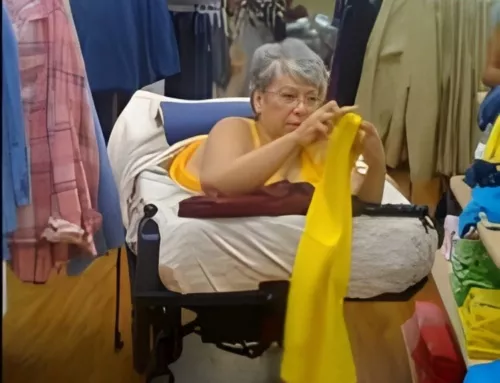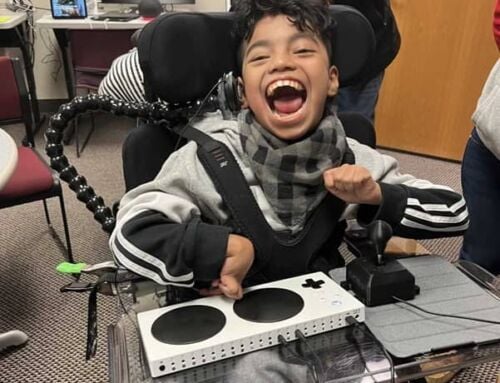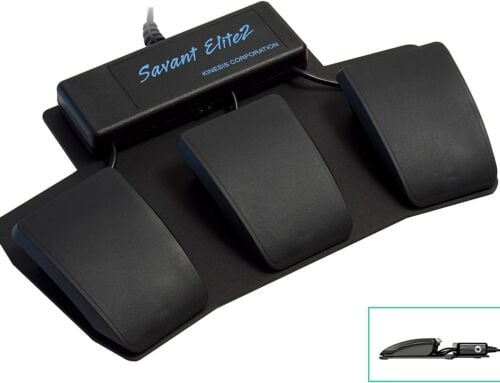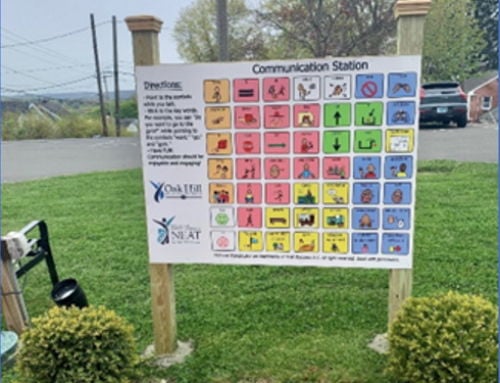Wally Moves Home with AT in California
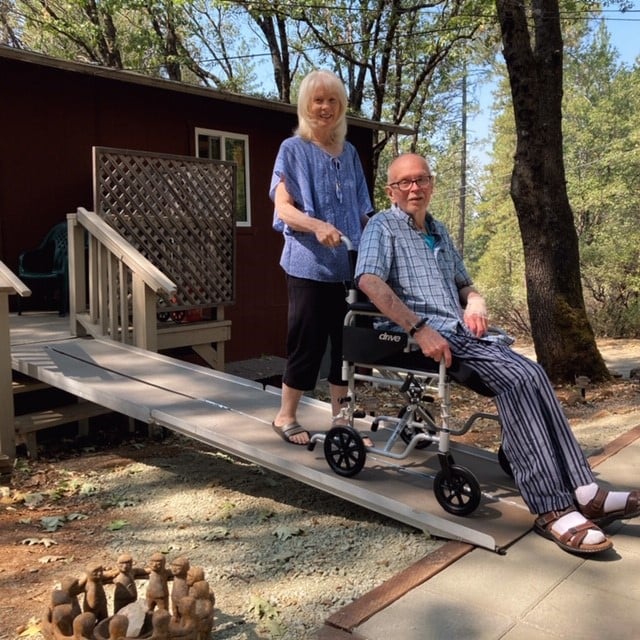
Simple tools for independence can save thousands of dollars in healthcare.

Wally was unable to move home from a rehab facility in California. He had acquired mobility limitations and was informed he would remain where he was until he could live at home safely. To be discharged, Wally needed several home modifications, including a way to get to his front door!
To help, friends contacted the FREED Center for Independent Living, a partner of Ability Tools (the California Assistive Technology Act Program).
The FREED Center operates the second busiest device loan and assistive technology (AT) demonstration center in California. FREED was able to provide Wally a portable wheelchair ramp to create an accessible path from his parking area to his porch and front door. The ramp is available to Wally for as long as he needs it.
In addition, FREED referred Wally to their Reuse and Fix It programs where FREED refurbishes and finds new homes for gently-used AT. Wally was provided a floor-to-ceiling transfer pole to assist him with getting in and out of bed, and a toilet aid for bathing and toileting.
All services were provided free of charge.
In the CA, the average cost of a rehabilitation facility is $300-400 per day. With the assistance of the FREED Center, Wally avoided thousands of dollars in unnecessary healthcare costs from a longer stay in rehab.
Best of all, Wally was able to return home to his wife.
AT Act Programs operate differently among the states and territories, responsive to those locations and communities. In California, the AT Act Program is a program of the California Foundation for Independent Living Centers. Around the country, AT Act Programs may be operated by nonprofit organizations, universities, or state agencies. Regardless, each provides statewide access to assistive technology for persons with disabilities of all ages, including older adults and veterans.
Find your State or Territory AT Act Program.
Learn more about Daily Living Assistive Technology – the What, When, Who and Why from the AT3 Center.
Monthly Blog Digest
Search the blog
State AT Program Blogs
California
Florida
Indiana
Kentucky
Louisiana
Maryland
Massachusetts
Michigan
Montana
North Carolina
North Dakota
Utah
State AT Program Blogs
The AT3 Center, the Association of AT Act Programs (ATAP), and the Administration on Community Living (ACL) make no endorsement, representation, or warranty expressed or implied for any product, device, or information set forth in this blog. The AT3 Center, ATAP, and ACL have not examined, reviewed, or tested any product or device hereto referred.

